The legendary Indian composer A R Rahman, also known as ARR, talks to Euronews Culture about the differences between Western and Eastern music, spirituality and education.
Despite an increasingly global media culture, most of the music we hear conforms to the traditions of our respective continents. Over the past three decades, one of the most successful musicians at bridging the gap between Western and Eastern musical styles has been the Indian composer A R Rahman, aka ARR, or Allah Rakha Rahman.
Rahman is best known for his cinematic soundtracks. He conquered Kollywood early with his debut soundtrack for the 1996 Tamil film Roja, before taking on Bollywood and then Hollywood winning two Oscars for his work on Slumdog Millionaire and more nominations for 127 Hours.
Alongside the more than 145 films he’s soundtracked, Rahman has worked on musicals, original compositions, and performed with the Mick Jagger-fronted supergroup SuperHeavy.
Speaking to Euronews Culture on how he approaches composing for such a broad array of audiences, the key factor always comes down to melody. “Melody is king,” Rahman says. “You can do crazy orchestration and everything, but if you don’t have anything to remember, I think it’s useless.”
But not all melodies work with all audiences. While Europeans are used to music formed around the strict theoretical lines of linear scales, for example, Indian audiences will be more attuned to the complexities of seven changeable swaras in Indian raga.
“India accepts everything but it’s not the other way around,” Rahman says. He explains by singing a range of melodies that a Western audience would find complex, describing through terms like microtones.
“Tuning for Western songs is easier than for an Indian one. We have such complex ragas,” he says. “These are certain bandishes that every Hindustani student learns.”
In such a varied career, bringing cultures together has been one of the main throughlines. His appointment as the Honorary President of Trinity Laban, the London-based conservatoire for contemporary dance, music and musical theatre brings his career full circle. After training under Indian composers, he came to London aged 13 on a classical music scholarship to the Trinity College of Music.
Trinity Laban’s alumni range from the Afrobeat pioneer Fela Kuti through to contemporary jazz stars Ezra Collective and Tom Misch. Previous honorary presidents include conductor Sir Charles Mackerras and violinist Sir Yehudi Menuhin. “We strive to lead the arts beyond convention, to make change and to break expectations,” artistic director Aleksander Szram said on Rahman’s appointment. “Our new President is the living embodiment of that vision.”
It’s a similar vision to the one Rahman holds for himself. Even on Roja, his first film score, “it broke with all the traditions. I was already so bored of what was traditionally expected of a movie.”
“The world needs reinvention,” Rahman says. Just as he feels strongly about the value of educating individuals as broadly as possible, Rahman also believes in educating the greatest number of people.
Music for the masses
He founded the KM Music Conservatory in his home town to provide musical and career training for aspiring musicians. As part of KM, he also founded the Sunshine Orchestra which provides free musical training to socially and economically disadvantaged children.
“When I started KM, I felt like if the rich kids wanted to master violin for 12 years, they could because they can always find a job, money and everything,” Rahman reflects. For those in other castes of India, social barriers get in the way of that kind of career.
Once you’re in that orchestra though, no one cares who you are, Rahman believes. “When you hear a sound, you don’t judge who’s playing it, right?” From this thought, the KM school came about and so has his continued drive. “You might feel like I’ve done it all,” he says, casually referencing his Oscars, Grammys and National Awards, “but I want the fire to burn and the only way to burn that fire is by having a purpose in life.”
Burning that fire comes as both an educator and a musician comes from his deep spiritual belief in the power of music. “Certain religions say music is forbidden,” Rahman says, questioning how the search for meaning in life, people often are held back from the truth by veils of understanding. “My ultimate quest is to see how many veils you can remove to find the truth within you.”
Whether inspiration comes from a street busker on a flute, a grand symphony, or an azan at the mosque, Rahman believes that the “search to purity within yourself, to see the truth, could be through music leading you to something.” For Rahman, whenever he’s stuck he always looks to the poetry of Sufi philosopher Baba Bulleh Shah. He takes his poems and removes the lyrics to find the tune underneath. “There's something about those lyrics, the power those lyrics have, that elevates the whole value of that tune,” he says.
At 57 years old, Rahman has no intention of slowing down. Alongside his appointment at the Trinity Laban, he is currently planning to form a new theatre in Chennai, develop the virtual metal band Secret Mountain, develop Slumdog Millionaire for the stage, and direct his own films. It’s an exciting time for the musician. “The best is yet to come.”

 3 months ago
35
3 months ago
35
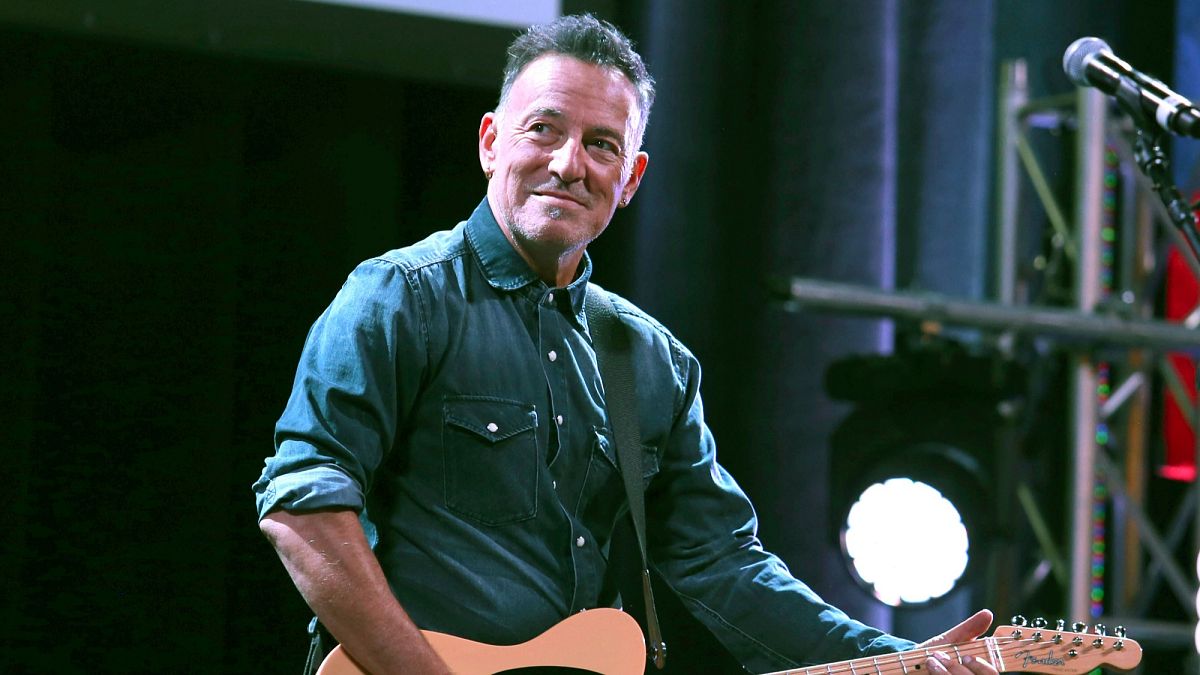
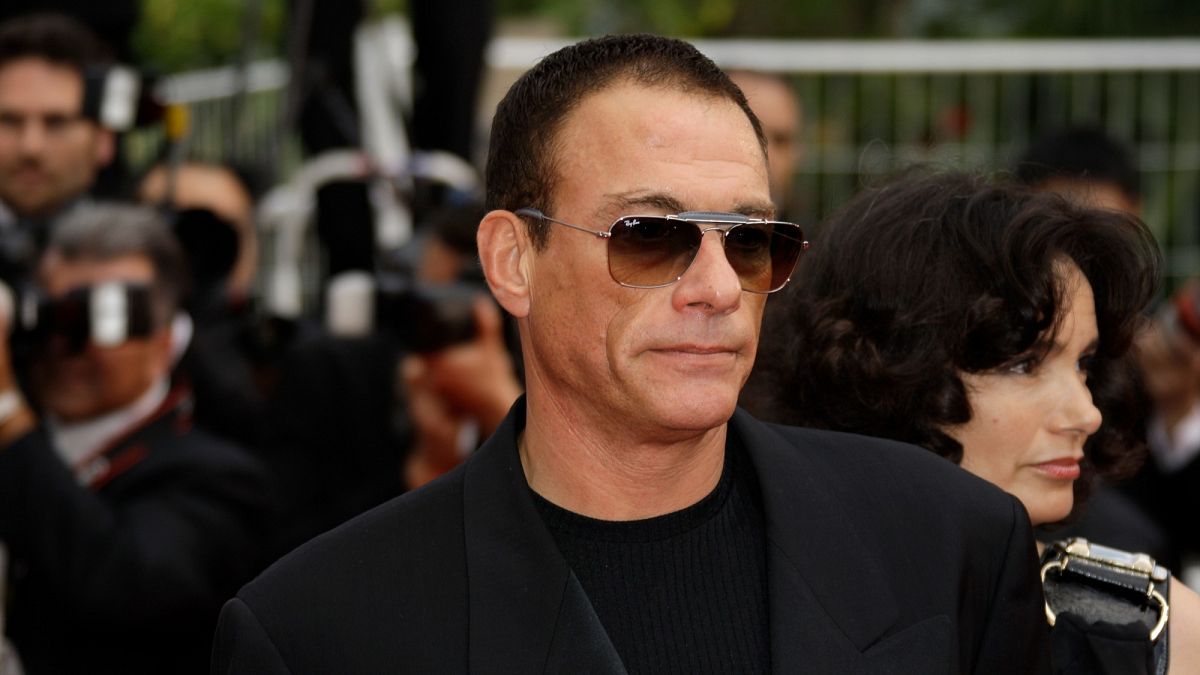
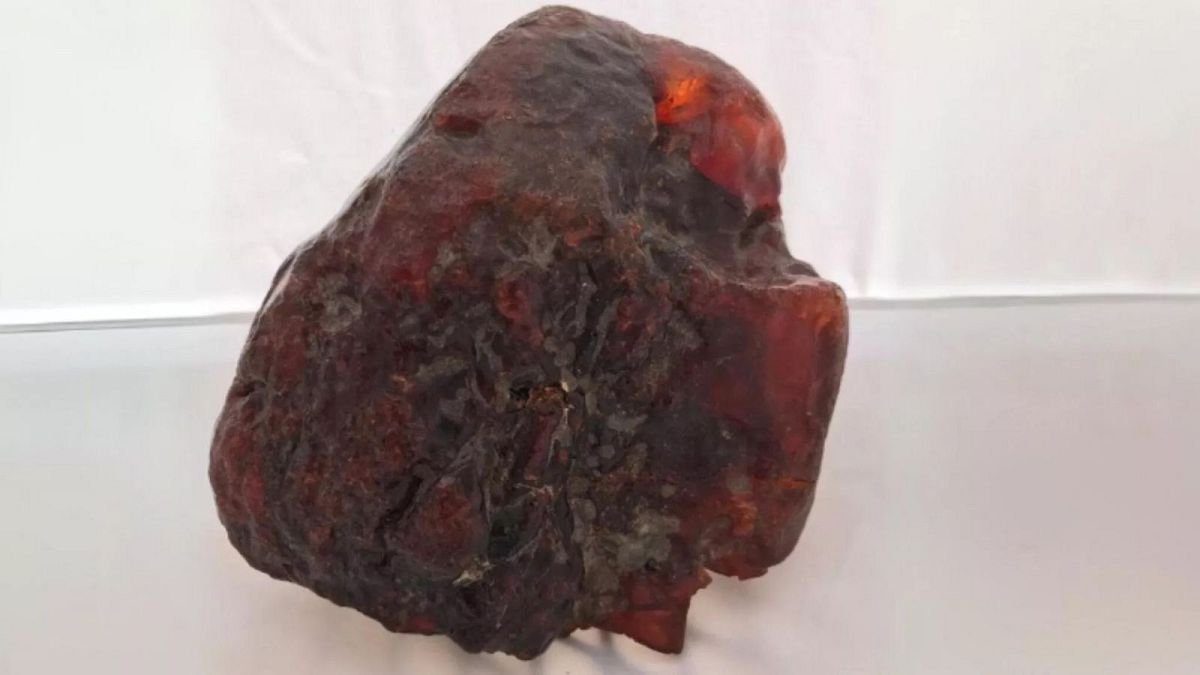
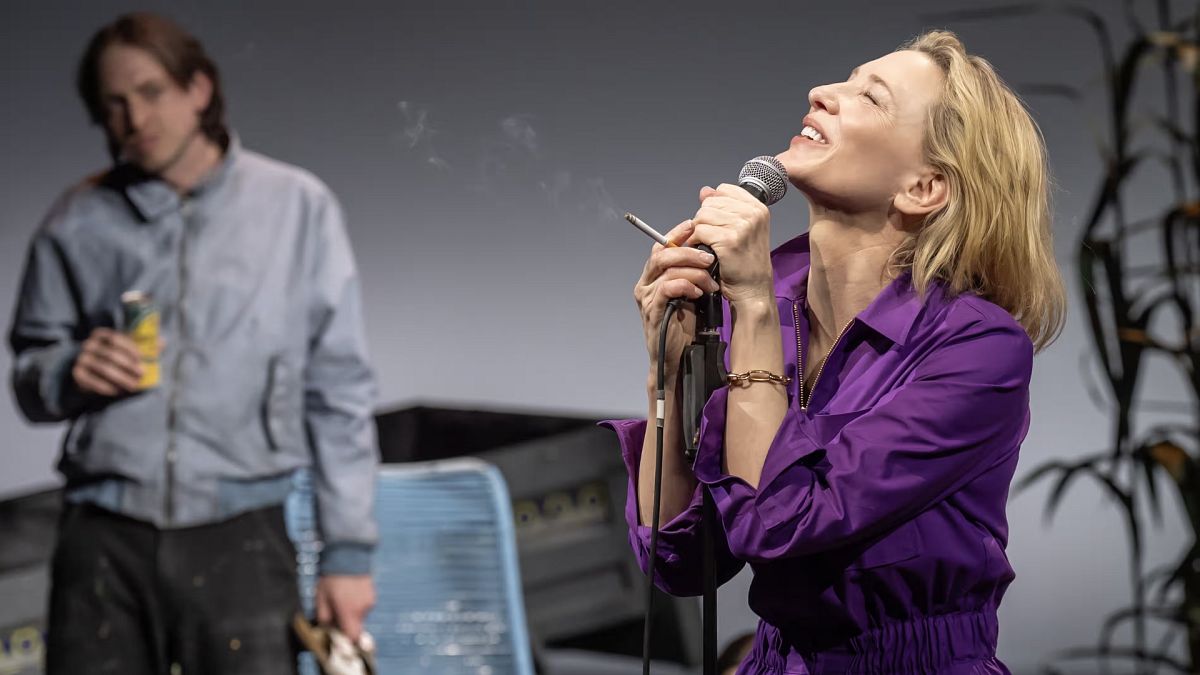
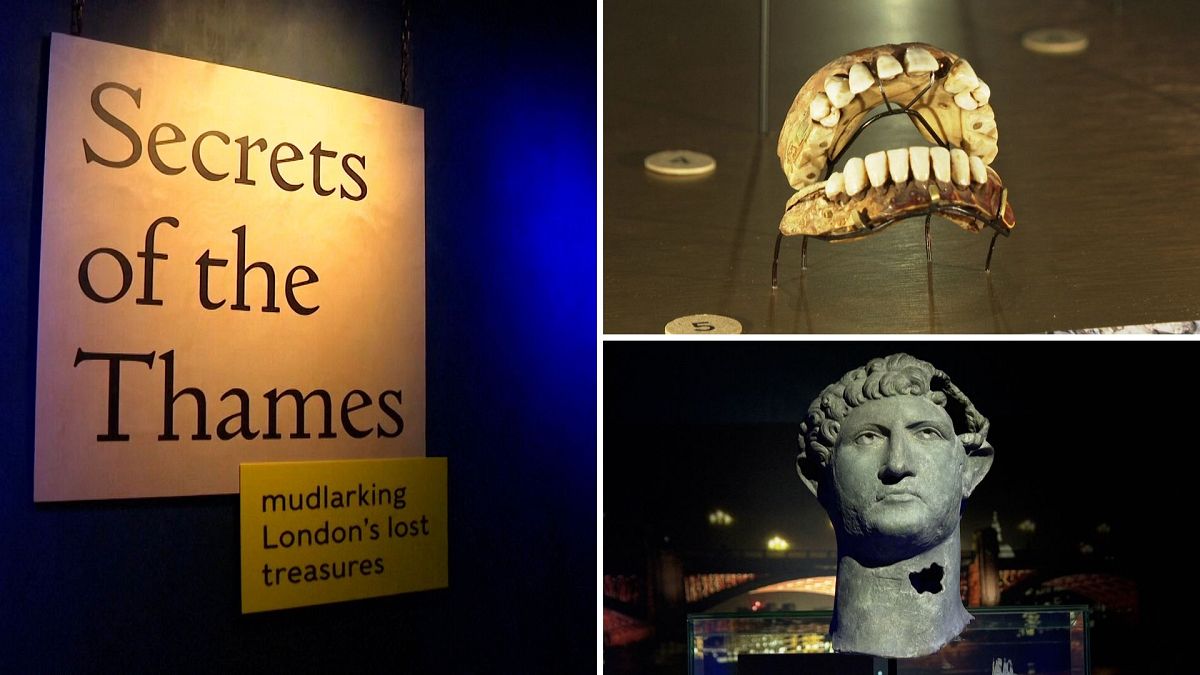

 We deliver critical software at unparalleled value and speed to help your business thrive
We deliver critical software at unparalleled value and speed to help your business thrive






 English (US) ·
English (US) ·